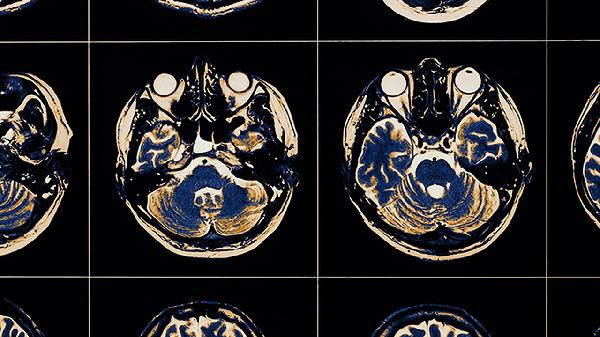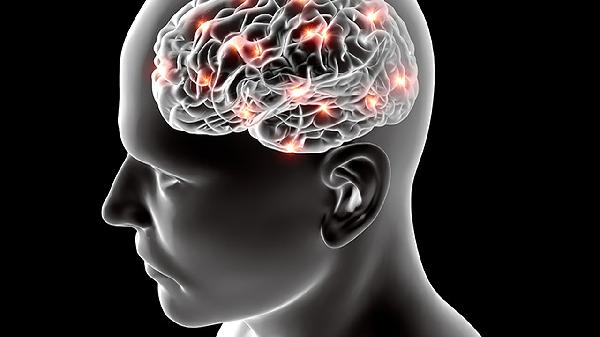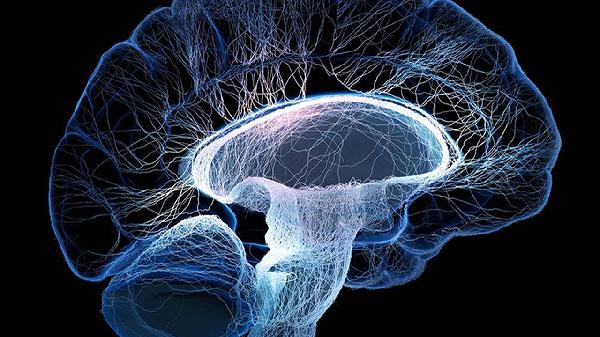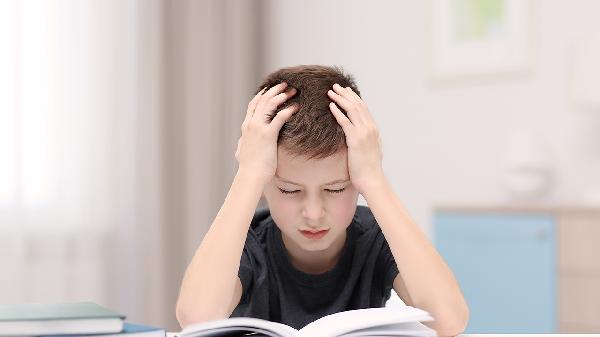Teen depression isn’t just a personal struggle—it’s often a red flag pointing to deeper family issues lurking beneath the surface. While mood swings and emotional turbulence are normal in adolescence, persistent sadness, withdrawal, or hopelessness can signal something more serious. And in many cases, the root of the problem isn’t just hormones or social stress—it’s the home environment.

The Hidden Link Between Teen Depression and Family Dynamics
When a teen is depressed, it’s easy to blame school pressure, social media, or genetics. But research shows that family dysfunction—whether it’s constant conflict, emotional neglect, or unresolved trauma—plays a massive role. Teens are like emotional sponges; they absorb the tension, silence, or instability around them, even if no one’s talking about it outright.
A study from the American Psychological Association found that teens in high-conflict households are three times more likely to develop depression. And it’s not just yelling matches—subtle issues like emotional unavailability, favoritism, or parents dealing with their own untreated mental health struggles can leave teens feeling isolated and unheard.
Signs That Family Issues Are Fueling the Fire
Depression in teens doesn’t always look like crying in a dark room. Sometimes, it’s irritability, slipping grades, or reckless behavior. But if you notice these patterns alongside family tension, it’s worth digging deeper:
Breaking the Cycle: How Families Can Heal Together
Ignoring teen depression won’t make it disappear—and neither will blaming the kid. Real healing starts when the whole family acknowledges the elephant in the room. Here’s how to shift the dynamic:
Open the lines of communication (without forcing it)
Instead of grilling your teen with "What’s wrong?!", try low-pressure moments—like car rides or walks—where conversation flows more naturally. Sometimes, teens talk more when they don’t feel like they’re under a spotlight.
Family therapy isn’t just for "broken" homes
Therapy isn’t a last resort; it’s a tune-up for family dynamics. A neutral third party can help uncover patterns that everyone’s too close to see. Plus, it shows the teen they’re not the "problem" that needs fixing—the whole system is working on change.
Parents, check your own mental health
Kids notice when a parent is chronically stressed, depressed, or checked out. Modeling healthy coping (therapy, self-care, honest conversations) teaches teens that it’s okay to ask for help.
The Bigger Picture: Society’s Role in the Crisis
Let’s be real—families don’t exist in a vacuum. Financial stress, lack of affordable mental health care, and the pressure to keep up appearances in a social media world add fuel to the fire. Tackling teen depression means advocating for better support systems—from school counselors to workplace policies that give parents time to actually be present.
The bottom line? Teen depression is often a family issue wearing an individual’s face. But the good news is, when families face it together, healing is possible. It’s not about being perfect—it’s about being real, getting help, and refusing to let silence win.
























